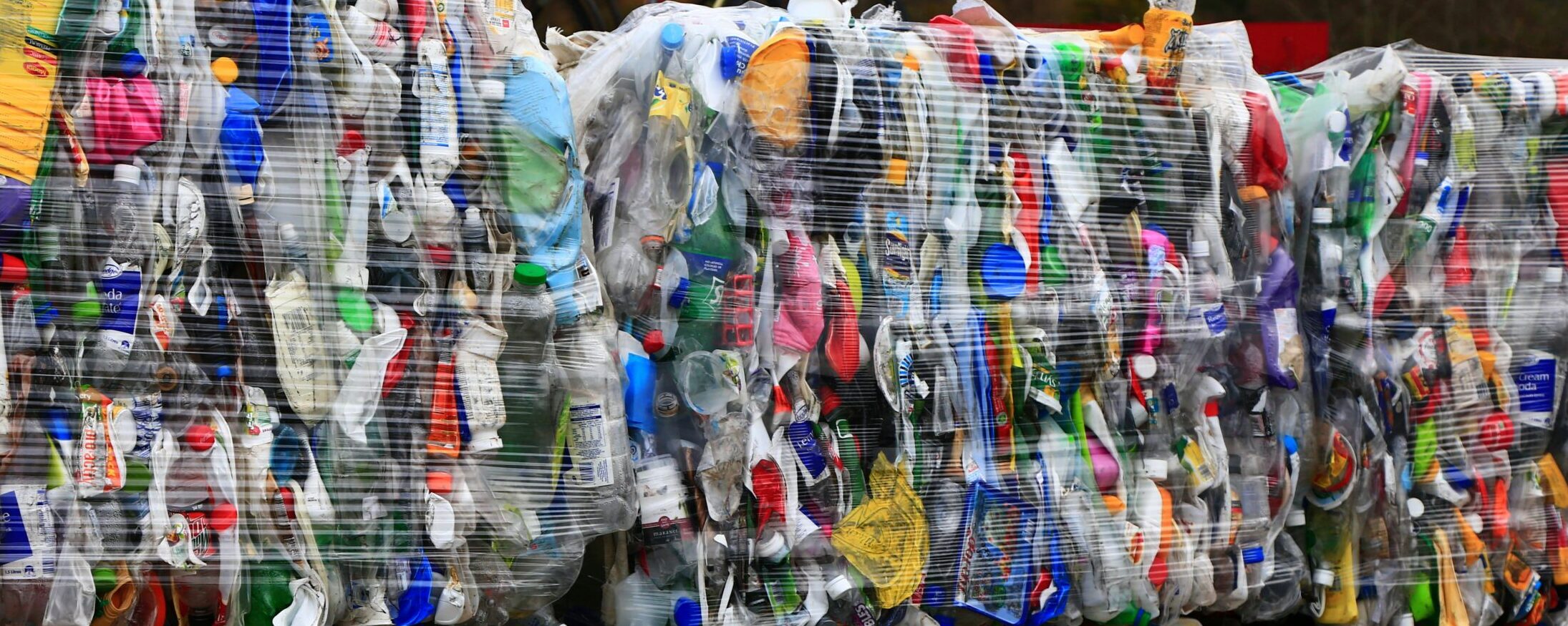Author: Dr. Anand Sathyanarayana, CEO and Owner of Geofluid Private Limited, Mumbai, India
Every year on April 22, the world comes together to celebrate International Mother Earth Day. It is a reminder that we are not separate from nature but part of it. This year, the United Nations calls us to act under the powerful theme: “Our Power. Our Planet.”
This is a call to recognize that the fate of the Earth lies not in some distant authority’s hands but in ours. From what we consume to what we throw away, every choice we make shapes the future of our planet. A choice we face today is what to do with our waste. Mountains of garbage continue to rise across the globe. But what if the waste we discard could become a source of energy, equity, and empowerment?
Every day, we create waste such as food scraps, packaging, plastic, and electronics. The World Bank estimates that by 2050, global waste generation will reach 3.4 billion tons annually if current trends continue. That is not just a sanitation problem, it is an environmental and human rights crisis.
In many low- and middle-income countries, waste is handled informally, often by vulnerable members of society such as women, children, and migrants who work without protection or recognition. At the same time, landfills release methane and leach pollutants into water and soil, exacerbating climate change and threatening public health.
Waste to Energy is a powerful idea to turn trash into usable energy through technologies like incineration, anaerobic digestion, or gasification. Done responsibly, WTE can reduce the volume of waste, lower methane emissions from landfills, generate electricity or heat for communities, and even create green jobs.
However, technology alone is not the solution, but People Power is.
Changing how we manage waste requires a change in mindset, and that is where psychology plays a vital role. Here are few ways to help transform waste into a solution:
- Our throwaway culture is psychological. Research shows we often equate newness with happiness and convenience with success. Combatting this mindset involves more than awareness campaigns, it requires shifting values. Programs that promote minimalism, mindful consumption, and environmental identity can help people rethink their habits and feel empowered to live differently.
- Emotions such as fear, guilt, and helplessness can paralyze us. That is why stories of hope and collective action are so important. Seeing our neighbors compost, recycle, or support clean energy projects creates a sense of shared purpose. Social norms and emotional connection can fuel widespread change faster than facts alone.
- The story of waste is deeply tied to inequality. In many parts of the world, it’s the most marginalized, such as women, children, and migrants, who live and work among the trash. They are exposed to health hazards without any formal protection.
A rights-based approach to waste management ensures a safe working environment for informal workers, access to protective equipment, fair compensation, education, and training for greener jobs.
When we are turning waste into energy, we must also turn exploitation into empowerment.

